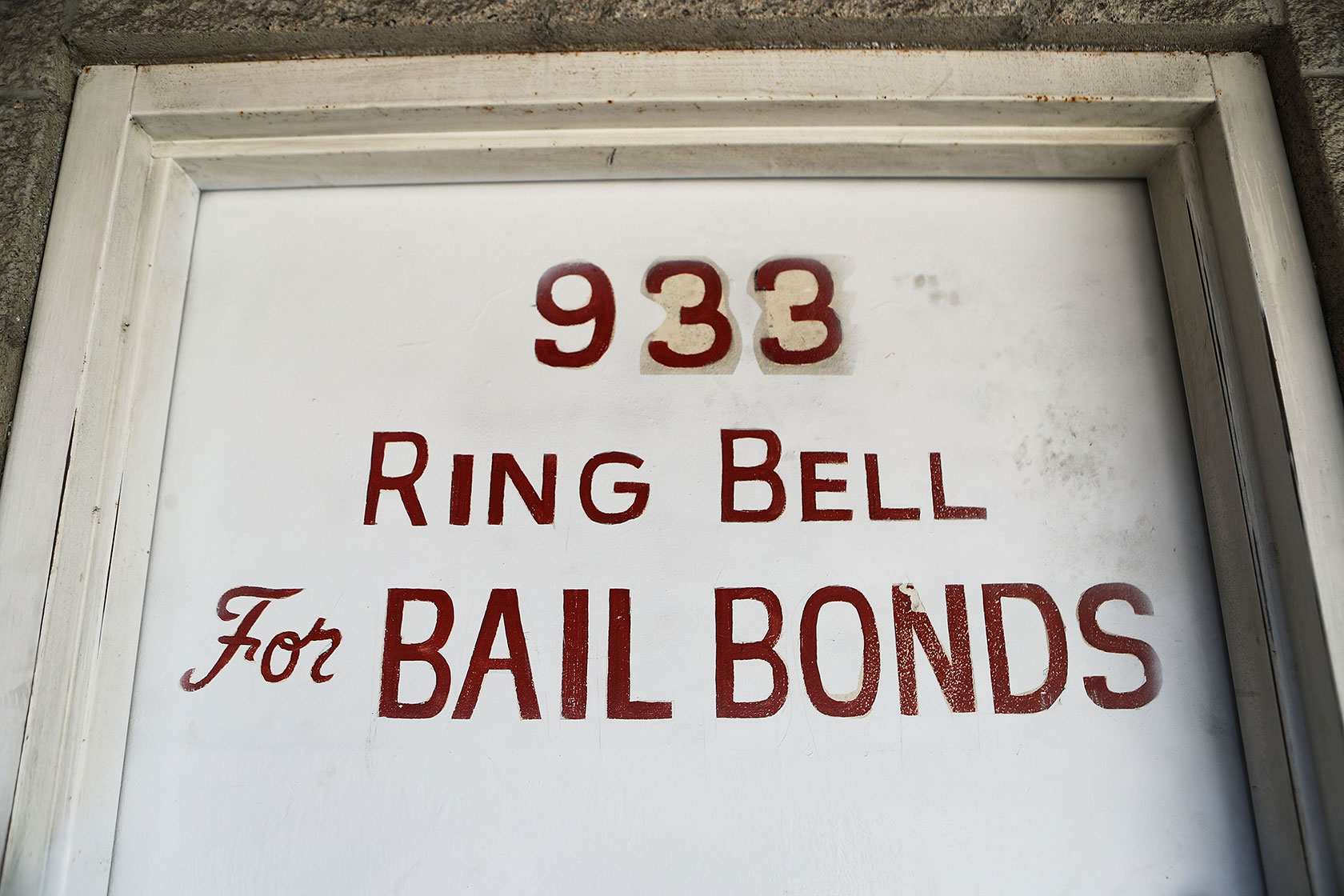If you need bail bonds Vista, licensed agents are available around the clock.
If you need bail bonds Vista, licensed agents are available around the clock.
Blog Article
Exploring Why Bail Bonds Are Essential in the Lawful Process
Bail bonds offer a pivotal function within the legal system, promoting the delicate balance between private legal rights and social safety and security. Understanding the diverse function of bail bonds welcomes a more detailed examination of their effect on both accuseds and the wider justice system.
Recognizing Bail Bonds
In the lawful procedure, bail bonds offer as an important mechanism that allows people charged with criminal activities to protect their launch from guardianship while awaiting test. A bail bond is essentially a financial assurance provided by a 3rd event, typically a bail bondsman, which guarantees that the accused will certainly show up in court at the marked times. When a court sets a bail amount, it reflects the severity of the charges and the regarded trip risk of the defendant.
Individuals who can not afford the full bail quantity may turn to bail bondsmen, who bill a non-refundable charge, normally around 10% of the overall bail. This fee compensates the bondsman for assuming the risk of the offender possibly stopping working to appear in court. If the defendant does not comply with court appearances, the bondsman may use numerous methods to find and capture the individual.
Bail bonds play an important duty in the criminal justice system by stabilizing the legal rights of the accused with the demand to ensure public safety and court stability. Recognizing the auto mechanics of bail bonds is crucial for anyone browsing the complexities of the lawful landscape.

The Function of Bail in Justice
Bail offers as a basic pillar within the justice system, stabilizing the anticipation of innocence with the need to ensure court presence. Vista bail bonds. By enabling accuseds to continue to be cost-free while waiting for trial, bail acknowledges that people are innocent up until tested guilty. This important concept promotes justness and justice, as apprehension prior to trial can exacerbate social inequalities and interfere with lives

Moreover, the bail process enables courts to evaluate the scenarios of each situation, including the nature of the costs, the accused's background, and community ties. This individualized assessment makes sure that bail decisions are not exclusively vindictive yet are rather reflective of the principles of justice and equity, thereby boosting the honesty of the lawful system.
Benefits for Defendants and Family Members
The advantages of bail expand past the court room, substantially affecting accuseds and their families. By protecting bail, accuseds are afforded the chance to remain in their communities while waiting for test, which can greatly minimize the emotional and financial stress related to incarceration. This flexibility allows people to keep employment, support their households, and fulfill vital obligations, ultimately adding to their overall well-being.
For family members, the ramifications of securing bail are profound. It allows them to stay with each other during a tough time, promoting an assistance system that is vital for emotional durability. Families can take part in the lawful process better, as they can seek advice from attorneys, gather proof, and plan for court hearings without the added worry of splitting up.
Additionally, having actually a loved one launched on bail can mitigate the financial pressure that typically comes with legal fights. Family members can assign sources towards legal costs and various other necessities instead of sustaining prices related to incarceration. On the whole, the availability of bail bonds works as an essential lifeline for offenders bondman and their households, promoting security and unity throughout a turbulent period in their lives.
Influence on Court Performance
By helping with the release of offenders before test, bail bonds significantly boost court performance. When defendants have the ability to safeguard bail, they are much less likely to stay incarcerated, which subsequently minimizes overcrowding in jails and apprehension centers. This relief of congestion enables regulation enforcement and court workers to assign sources a lot more successfully, concentrating on active instances rather than handling a stockpile created by pretrial apprehensions.
In addition, when accuseds are released on bail, they can much better plan for their legal proceedings. This preparation often leads to a lot more educated conversations between the accused and their lawful advice, causing a more structured judicial process. As defendants are most likely to participate in court hearings when they are not constrained, the rate of missed court dates decreases, adding to a more orderly court timetable.
Furthermore, the prompt resolution of cases is facilitated as redirected here accuseds are motivated to take part in their tests actively. This not just speeds up the legal procedure but likewise helps preserve public confidence in the justice system. Inevitably, the use of bail bonds offers a double objective: ensuring that accuseds can join their defense while all at once promoting a much more efficient judicial framework.
Alternatives to Bail Bonds
Many choices to typical bail bonds exist within the lawful structure, each offering unique systems for pretrial release. One such option is launch on recognizance (ROR), where offenders pledge to appear in court without the requirement for financial bail. This alternative is typically available to individuals considered low-risk, advertising justness in the justice system.
Another alternative is making use of monitored launch programs, which entail keeping an eye on offenders through check-ins with a pretrial services officer. These programs may incorporate conditions such as curfews or electronic surveillance, ensuring compliance and lowering trip threat.
In addition, some territories implement diversion programs that focus on rehabilitation as opposed to revengeful procedures. Accuseds may take part in social work or counseling as a condition of their release, addressing underlying issues while minimizing imprisonment.
Last but not least, bail funds established by nonprofit companies provide economic help to low-income defendants, enabling them to secure release without the burden of high fees linked imp source with traditional bail bonds. These alternatives stress the value of stabilizing public safety and security with the civil liberties of the implicated, ultimately adding to a much more equitable lawful process.

Final Thought
Bail bonds function as a fundamental component of the lawful process, symbolizing the concept of anticipation of innocence while ensuring defendants retain their freedom before trial. By incentivizing court participation and relieving jail overcrowding, bail bonds promote much more effective case preparation. In addition, their duty in boosting court effectiveness underscores their relevance in maintaining public self-confidence in the justice system. Eventually, bail bonds add significantly to a well balanced technique between the legal rights of the accused and public safety.
Report this page